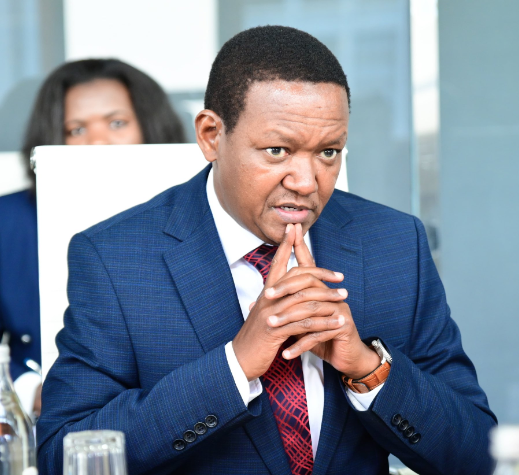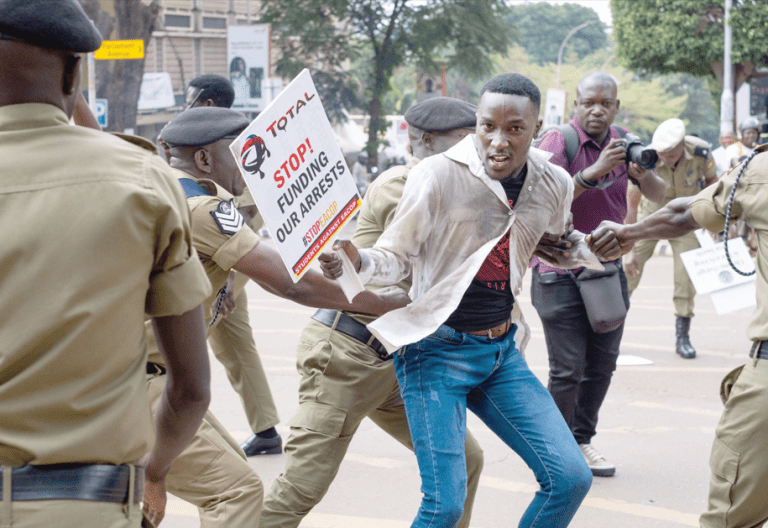State insists Kenyans in Ukraine evacuated

The government maintained yesterday all Kenyans, majority of them students, had been successfully evacuated as the tension caused by the invasion of Ukraine by Russia continued to be felt globally.
In a statement yesterday, the Ministry of Foreign Affairs (MFA) said it “evacuated practically all of those who are willing to be evacuated,” adding: “Our primary responsibility was to get them out of danger and harm’s way in Ukraine.”
The ministry moved to update the country on the ongoing efforts to locate and secure all Kenyan nationals living in Ukraine, which is currently under attack by Russian forces.
“The Ministry of Foreign Affairs continues to monitor developments in Ukraine especially in regards to Kenyans studying and living in Ukraine,” the ministry said in the statement.
The ministry gave its assurance even as Kenyans caught up in the Russian war continued to express their painful experiences in the social media.
A WhatsApp group dubbed ‘Kenya Evacuation’, which was created on February 24, has helped hasten the evacuation efforts.
As of March 7, 26 Kenyan students were still stuck in the city of Sumy where majority of them study at the local Sumy University.
Smooth escape
“Using official diplomatic communication channels, Our Embassy in Vienna, which covers Ukraine, wrote to the Embassy of Ukraine in Vienna and informed of 26 Kenyans students stuck in the city of Sumy, and a family of three in Akhtyrka city,” the ministry said.
On March 8, the 26 students were evacuated from Sumy through the humanitarian corridor to Poltava and are currently on their way to the town of Lviv on the Ukraine border with Poland, it said.
The students are under the escort of officials from the Honorary Consulate of the Republic of Kenya in Ukraine led by honorary consul, Dr Anatoliy Kovalenko, the ministry assured Kenyans.
And, in order to ensure their smooth ‘escape’ from the war torn country, the government also requested the Ukrainian authorities ‘to inform the state border services of the movement to ensure facilitation at the borders.’
In the WhatsApp group, short videos of African students stranded in Sumy bus terminus were posted as some scrambled for the few available buses.
“We had students in Sumy who had been stuck there with little hope of getting out. Many were waiting for correspondence from their governments…” one WhatsApp user said.
“The students, different nationalities, waited but they received no help from their governments,” he complained, adding that some were forced to trek to the border city of Poltava.
They were however, turned back by the border guards.
“They were able to get taxis to Poltava for $500 (Sh57,000) per head where they got trains heading to the west. We thank God that they are now in Hungary awaiting their return to their respective countries,” the message reads in part.
While majority of the 76 students have safely left Ukraine—some already back home—their university education in Ukraine is now in limbo.
“Many are in the country but with new worries of how they will continue their studies. Their universities had said they will transfer them to other universities in Europe but the fee disparity is unmanageable for most parents,” another user said.
Red Cross provided several buses which helped evacuate students to safety; some escaped the war through the neighbouring Poland and Hungary.











